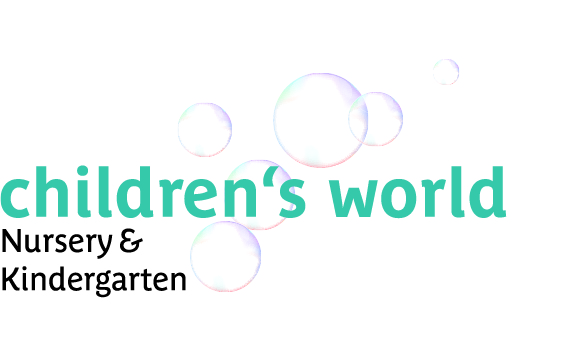«I haven’t failed. I have only found 10000 ways that don’t work.»
Thomas A. Edison
How we see ourselves significantly influences our actions. Although a person’s self-image may not necessarily be true, it is powerful enough to have far-reaching consequences in reality.
The self-image is the idea one has of oneself — it is based on self-perception. This idea is not simply given to you, but you make it, you create it. More precisely, our self-image refers to the interplay of the experiences we have already had, but also to memories, thoughts and feelings. In this sense, this made identity also contains a great potential to deal with (failure) success & mistakes in a healthy way — it especially influences the motivation of a person and also the individual personal learning development.
In research, Carol Dweck was the first to raise interest in this potential by coining the term dynamic growth mindset. A person with a growth mindset understands that skills and abilities can be acquired fundamentally through effort, persistence, and diligence, and cultivates these same behavioural concepts — whereas individuals with a fixed mindset tend to believe that their intelligence and talents are fixed, unchangeable traits.
The belief that “I can acquire any skill, provided I make an effort to do so” is also a central point in educational motivation not only at the primary and lower levels, but also later in the educational career of a child or a young adult. Education aims not only to provide the child with knowledge that can be useful in later life and the world of work, but also seeks to educate the child to become an independent and self-regulating person. Of course, this also includes a healthy, dynamic self-image as well as an awareness of one’s own self-efficacy, which is ideally promoted and strengthened by a sense of achievement during childhood and later school years.
Nevertheless, it must also be mentioned at this point that the above-mentioned belief system is based on an idealized conception, just as the self-image is measured against an ideal image. The problem with such an ideal is that it never includes all conditions: Those who work hard will not always necessarily succeed.
Indeed, a significant factor in the formation of the self-image is also the interpretation and design of the teaching (or the circumstances of life) and the reactions from the environment. Those who are constantly discouraged or unresponsive to instructional design are less likely to have a sense of accomplishment and thus less likely to believe in their own self-efficacy.
This is not to say that teachers and parents should shy away from giving the child feedback on his or her behaviour, it is more about how it is communicated to the child. «You didn’t do so well on the math assignments today» is more constructive feedback than saying «You are very bad at math». The latter conveys the child that he or she is fundamentally bad at math, and offers him or her cause to adopt this way of thinking as an inner attitude toward himself or herself — whereas the first feedback is aimed less at the child’s identity than at the action he or she has performed.
As an adult, you know this all too well: some days, unfortunately, the things you set out to do don’t turn out so well — but that doesn’t mean it has to be that way forever or that you should surrender to a fate. Rather, you find in it the chance to believe in yourself and to motivate yourself to grow beyond self-imposed limits and to get to know new sides of yourself, because — as already mentioned at the beginning — the image we have of ourselves does not always correspond to the person we really are.
Kindergarten Ennetbaden
Photo by Anna Kolosyuk on Unsplash







